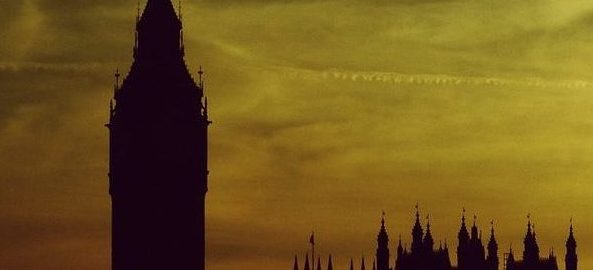In my previous post, I showed that working class Britons have borne the brunt of our rulers’ responses to covid, the war in Ukraine, and inflation. I also suggested that this result is puzzling, given that as of early 2020, the working class seemed to be in the political ascendancy. At this time, the government, parliament, and the opposition had a material interest in, and appeared committed to, improving the working class lot. One possible explanation is that, while our rulers really wanted to promote “the interests of ordinary working people”, circumstances overtook them, making it necessary to impose lockdowns, engage in a proxy war against Russia, and raise interest rates. My aim here is to demonstrate that this explanation doesn’t stand up. Alternatives were available and Britain’s working classes didn’t have to lose out.
The ruling elite has to a large extent framed its policy choices as unavoidable. During the pandemic, then prime minister Boris Johnson stated that “there is no alternative” to lockdowns – or rather, the only alternative is “medical … disaster”. The government’s opponents within parliament and the media vigorously assented to this view. Their only complaint was that the Johnson administration didn’t impose lockdowns quickly enough, that it was “too slow and behind the curve”.
Elite rhetoric on Ukraine has followed the same broad pattern. Johnson stated that there is “no alternative” to conducting a proxy war against Russia and that its impact on our living standards is the necessary “price of freedom”. Both of his successors – the short-lived Liz Truss and the current prime minister Rishi Sunak – have reiterated this position. Again, ostensible opponents of the government have largely fallen in line, with criticism limited to matters of degree rather than kind. The Guardian’s Simon Tisdall writes that we have to suffer – the “less wealthy” in particular – to prevent the “disaster” of Russia’s “lawless butchery” prevailing. His only objection is that current policy isn’t “enough to bring Putin to heel” and so Britain and other NATO members should “use their overwhelming power … to force Putin’s marauding troops back inside Russia’s recognised borders”. Not proxy war but direct war.
Continue reading Britain’s working classes didn’t have to lose out →

